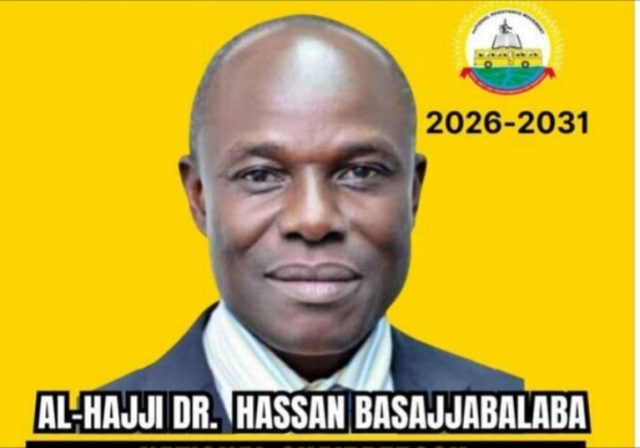In a country struggling to shake off the weight of corruption and public mistrust in leadership, the National Resistance Movement (NRM) entrepreneurs delegates must think carefully about the kind of leaders it elevates.
Among those eyeing key roles on the party’s Central Executive Committee (CEC) is Hajj Hassan Basajjabalaba, a businessman with a well-documented trail of controversy most infamously, the Shs 142 billion compensation scandal involving the fraudulent repossession of Kampala’s public markets.
In 2011, Basajjabalaba’s companies under opaque deals were compensated by the Ugandan government for the cancellation of leases to several public properties including Nakasero, Shauriyako, and St. Balikuddembe (Owino) markets.
The eye-watering Shs 142 billion payout sparked national outrage. A parliamentary investigation unearthed serious irregularities: there was no legal basis for the compensation, the deals had no Cabinet approval and no verification of losses suffered.
Even more damning was that government institutions including the Ministry of Finance and the Bank of Uganda bypassed standard accountability procedures to process the payments.
The scandal led to the resignation of then Attorney General Kiddu Makubuya and Finance Minister Syda Bbumba. Yet, Basajjabalaba, the central beneficiary, not only walked free but has since quietly regained political favor maybe through using the loot.
How can a man associated with one of the largest fraudulent compensation scandals in Uganda’s history now seek to chair the NRM Entrepreneurs League, the very organ that represents innovation, productivity, and ethical business?
The question is not whether Basajjabalaba is a successful businessman, clearly, he is. But success built on exploiting state resources, forged court documents, and questionable debt bailouts by Bank of Uganda is not the model Uganda’s next generation of entrepreneurs should emulate. It’s a cautionary tale, not a campaign credential.
Additionally, his ongoing legal baggage—ranging from criminal charges many withdrawn under suspicious circumstances, tax disputes, and forged court consent orders makes him an unsuitable candidate to represent legitimate business interests within the ruling party.
The Entrepreneurs League should be a space that nurtures credibility, accountability, and innovation not a platform for politically connected figures to sanitize their reputations.
If the NRM is serious about rebuilding trust and championing genuine private-sector leadership, then it must distance itself from individuals whose business dealings have repeatedly undermined public institutions.
To vote for Hajj Hassan Basajjabalaba would be to turn a blind eye to a legacy of state-enabled profiteering, to reward impunity, and to erode the moral foundations upon which any meaningful economic transformation must stand.
Uganda deserves better. So does the NRM.
Reject Basajjabalaba. Protect the future.
The author is a trader and NRM supporter from Mpigi district.








